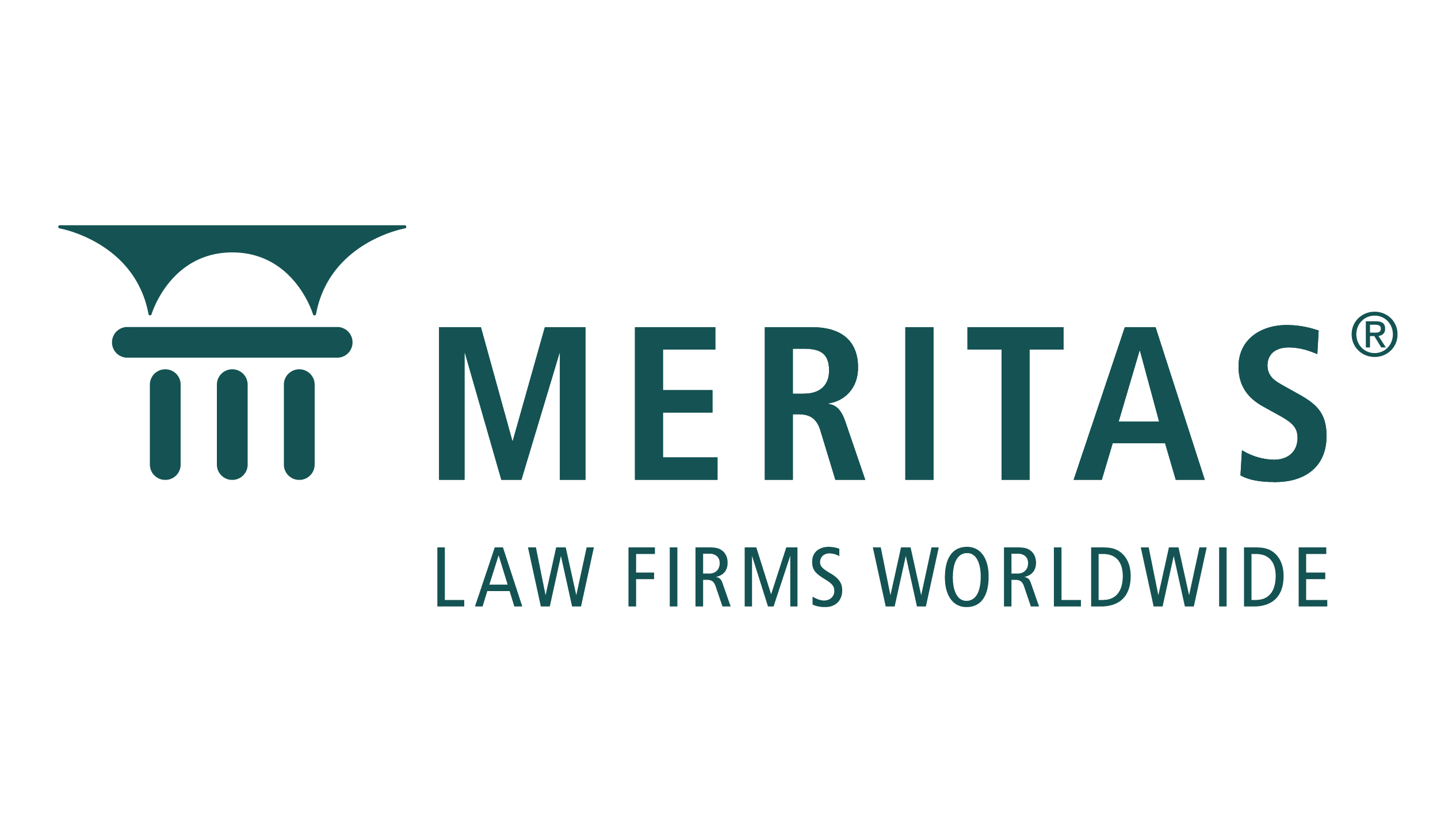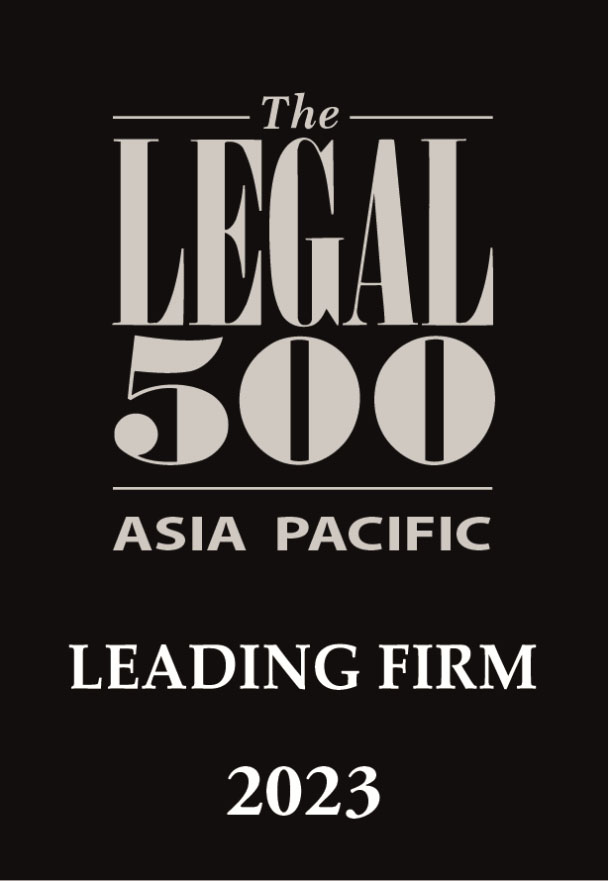
INSIGHT
Newsletter 5th Edition March 2023: Provisions on Double Employment in Indonesia
Author: Manpower and Industrial Relations Practice Group
Under the current Indonesian legal framework, double employment (jabatan rangkap) occurred when a person simultaneously occupied the position of director or commissioner in a company while being a director or commissioner in another company. The stipulation of double employment itself is governed under Law No. 5 Year 1999 on Prohibition of Monopolistic Practices and Unfair Business Competition which partially amended by the famous Law No. 11 Year 2020 on Job Creation. Commonly recognized as the Anti-Monopoly Law, restrictions on double employment are specifically governed to prevent businesses having major unlawful control on the market and flourish healthy competitive culture between businesses.
Meanwhile, there exist differing double employment regulations under Indonesian law which subjected for foreign workers. Originated in Governmental Law No. 34 Year 2021 on Utilization of Foreign Workers (“Governmental Law No. 34/2021”), provisions on double employment are intended to promote transfer of know-how and knowledge or implement the work force. This article aims to briefly navigate various perspectives and regulations of double employment in Indonesia.
A. DOUBLE EMPLOYMENT LOCAL WORKER
Pursuant to the definition given in the previous paragraph, double employment under Article 26 of the Anti-Monopoly Law is prohibited when the employee has multiple positions in companies that: (i) are in the same relevant market; (ii) have a close linkage in the sector and or type of business activities; or (iii) are jointly capable of controlling the market share of certain goods and or services, which may result in monopolistic practices and or unfair business competition. Companies are deemed to have close linkage when they are mutually exclusive support or to be directly involved in the process of production, marketing or production and marketing.
According to Article 47 of Anti-Monopoly Law, in the event that Business Competition Supervisory Commission (“Komisi Pengawas Persaingan Usaha - KPPU”) finds unlawful practice of double employment as stipulated in Article 26, KPPU may impose administrative sanctions. Perpetrator can be forced to: (i) cease its business activities; (ii) pay damages; and/or (iii) pay fine in the amount of Rp 1.000.000.000,- (one billion Rupiah). Detailed regulations on double employment under the Anti-Monopoly Law are governed under KPPU Regulation No. 7 Year 2009 on Guidelines of Double Employment in Accordance with Article 26 of the Anti-Monopoly Law.
Other field that recognizes double employment is capital market law. Double employment is strictly prohibited for position such as Director of Stock Exchange, Director of Clearing (Kliring) and Collateral Institutions and Director of Depository and Settlement Agency. As regulated by the Capital Market and Financial Institutions Supervisory Agency No. III.A.3, people registering for such positions must provide a statement letter that they will not occupy director, commissioner or employee position in other institution after they are elected for the said director office.
B. DOUBLE EMPLOYMENT FOR FOREIGN WORKERS
As a default, employer must prioritize the hiring of Indonesian workers in every available position. However, if local workers are yet to possess the skill and quality to be given the position, the laws allow employer to opt for employing foreign workers. Furthermore, similar to the Anti-Monopoly Law, Indonesian laws and regulations opens the door for foreign workers to be a director or commissioners in more than 1 (one) company at the same time subject to certain terms and conditions.
Article 10 of Governmental Law No. 34 Year 2021 governs that employers are prohibited from employing foreign workers with multiple positions (rangkap jabatan) at the same company. However, Article 5 of Governmental Law No. 34 Year 2021 permits the employing of foreign workers who are currently being employed by another employer for the position of: (i) board of directors or commissioners; or (ii) foreign workers in the vocational education and vocational training sector, digital economy sector, and oil-and-gas sector for contractor with cooperation agreement. Therefore, it can be concluded that double employment for foreign workers under the current laws and regulations is permissible with conditions governed in the above Article 5.
Regulations on double employment for foreign workers also subject to other supporting regulations, such as Minister of Employment Regulation No. 8 Year 2021 on Implementing Regulation of Governmental Regulation No. 34 Year 2021 on Utilization of Foreign Workers (“Minister of Employment Regulation No. 8 Year 2021”) and Minister of Employment Decree No. 228 Year 2019 on Certain Position which May Be Occupied by Foreign Workers. Moreover, there is also the Minister of Employment Decree No. 349 Year 2019 on Certain Position Prohibited for Foreign Workers, which listed 18 (eighteen) positions that must not be occupied by foreign workers, among others1: (i) Industrial Relation Manager, (ii) Career Advisor; (iii) Personnel Recruitment Supervisor, and/or works related to human resources.
Notwithstanding the above, under Article 5 paragraph (3) of Minister of Employment Regulation No. 8 Year 2021, foreign workers can only be employed by the second employer after acquiring an approval from the first employer. Period of work for the second employment shall also subject to the approved Foreign Workers Utilization Plan (Rencana Penggunaan Tenaga Kerja Asing - “RPTKA”) owned by the first employer. In the event of double employment, both employers must have approved RPTKA. This implies that the Ministry of Manpower have all the information of every double employment of foreign workers practices in Indonesia.
Violation against double employment provision as stipulated above may result in administrative sanctions towards the employer, such as fine, postponement of Foreign Workers Utilization Plan (Rencana Penggunaan Tenaga Kerja Asing - “RPTKA”) application approval and/or revocation of RPTKA approval – in which such revocation of RPTKA resulting the foreign workers will not be allowed to work in Indonesia. For background, RPTKA is a plan for recruitment of foreign workers that must be made and reported by employer to be validated by the Ministry of Manpower before employer can hire foreign workers.
C. IN PRACTICE
Supervision of foreign workers utilization falls under authorization of the manpower supervisors at the Ministry of Manpower and/or office that organizes government affairs in the manpower sector at the provincial level in accordance with the respective scope of duties and authorities (“Manpower Supervisors”). According to Article 47 of MOM Reg 8/2021, upon the finding of alleged violations of foreign workers utilization by employer, Manpower Supervisors may issue a Memorandum of Examination (Nota Pemeriksaan – “Memo”). Failure to implement the Memo will result in the issuance of a Second Memo.
If employer still fails to implement the Second Memo, Manpower Supervisors under Directorate General of Manpower Supervision Development (Direktur Jenderal Pembinaan Pengawasan Ketenagakerjaan) will issue a letter notifying administrative sanctions imposition to the employer. The notification letter shall at least contain: (i) the identity of the foreign workers employer; (ii) the said violation; and (iii) the administrative sanctions.
Director General of Development of Supervision of Manpower and Occupational Safety and Health (Direktur Jenderal Pembinaan Pengawasan Ketenagakerjaan dan Keselamatan dan Kesehatan Kerja) is responsible to enforce administrative sanctions in the form of fine. Meanwhile sanctions in the form of postponement of RPTKA application approval and revocation of RPTKA approval shall be enforced by Directorate General of Development of Manpower Placement and Expansion of Work Opportunities (Direktur Jenderal Pembinaan Penempatan Tenaga Kerja dan Perluasan Kesempatan Kerja).
Based on a private consultation with the officer of the Ministry of Manpower, enforcement and supervision towards double employment practices are still lacking in many ways. Implementation of double employment is not uncommon in Indonesia, either the lawful or the unlawful. However, due to the possible sanctions to be imposed to the violator, it is wise for businesses and employer to learn the laws and regulations carefully before implementing double employment practices.
)))000(((
1 Name of the positions are in accordance with the International Standard Classification of Occupations.






